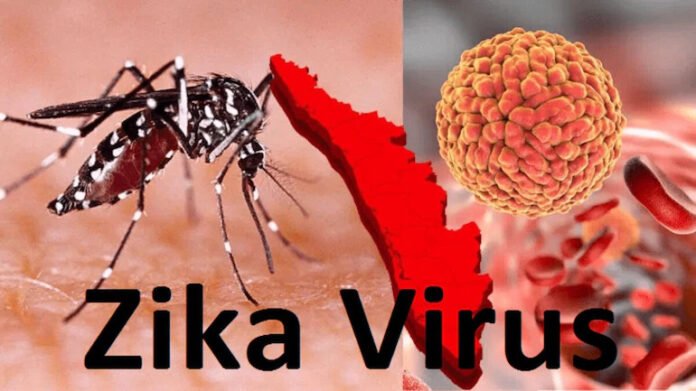A seven-year-old girl in Maharashtra’s Palghar district has been found infected with the Zika virus. The health department has informed that the said girl is a resident of Ashramshala in Jhai of Palghar district.
“Preventive and control measures in terms of surveillance, vector management, treatment and health education efforts are being taken,” the Maharashtra Health Department said.
Zika Virus was previously detected in THESE states
Zika virus, which was declared a public health emergency of international concern by the World Health Organization (WHO) in January 2016, has been detected in Gujarat (2017), Tamil Nadu (2017), Rajasthan (2018), Madhya Pradesh (2018). In 2017, Zika virus cases were detected from Kerala, Delhi, Uttar Pradesh and Maharashtra.
What is the Zika virus?
Zika is a mosquito-borne virus that spreads through the bite of an infected Aedes species of mosquito, which bites during the day. Symptoms of this disease include mild fever, rashes, conjunctivitis, muscle and joint pain, malaise or a headache. Notably, the virus can be passed from a pregnant woman to her fetus and can cause infants to be born with microcephaly and other congenital malformations.
According to the US Centers for Disease Control and Prevention (CDC), people infected with the Zika virus can also transmit the disease to their sex partners.
What are the symptoms of the Zika virus?
– Malaise or headache
– Mild fever
– Rash
– Muscle and joint pain,
– Conjunctivitis
The incubation period of the Zika virus is estimated to be 3 to 14 days and the symptoms typically last for 2 to 7 days, as per experts. Though, most people do not develop any symptoms, according to the World Health Organization (WHO).
Zika virus: What’s the treatment?
Though, there is no specific medicine or vaccine for Zika virus heres what to do if diagnosed:
– Immediately, treat the symptoms
– Get an ample amount of rest
– Stay hydrated – drink enough fluids
– Take medicine such as acetaminophen (Tylenol®) to reduce fever and pain.
– Do not take aspirin and other non-steroidal anti-inflammatory drugs (NSAIDs) until dengue can be ruled out to reduce the risk of bleeding
– If you are taking medicine for another medical condition, talk to your healthcare provider before taking any other additional medication




